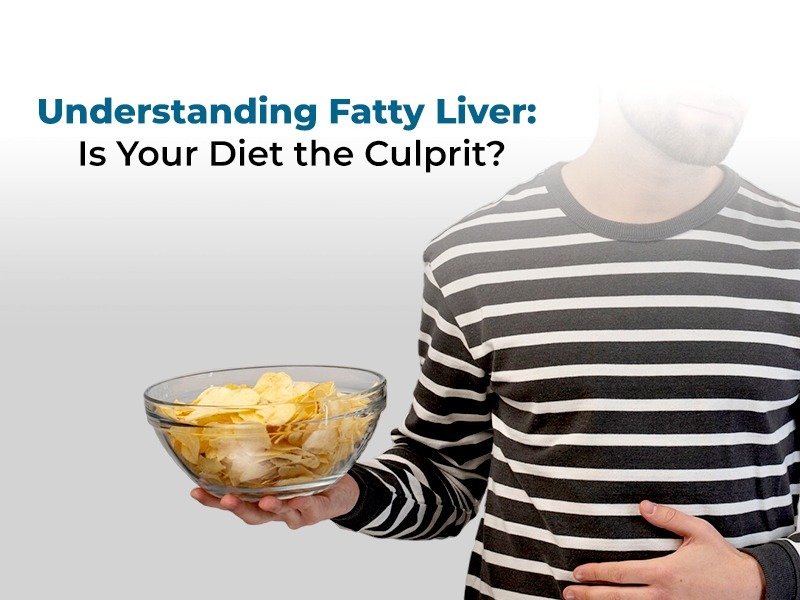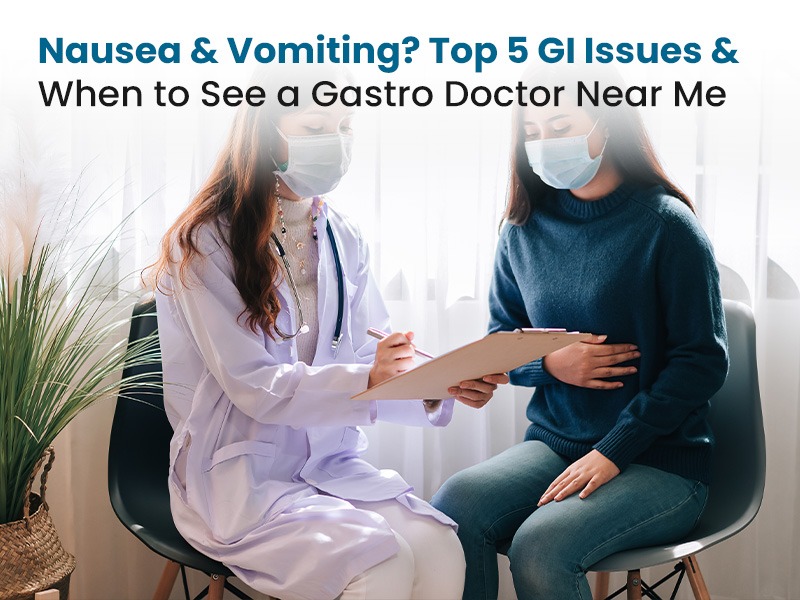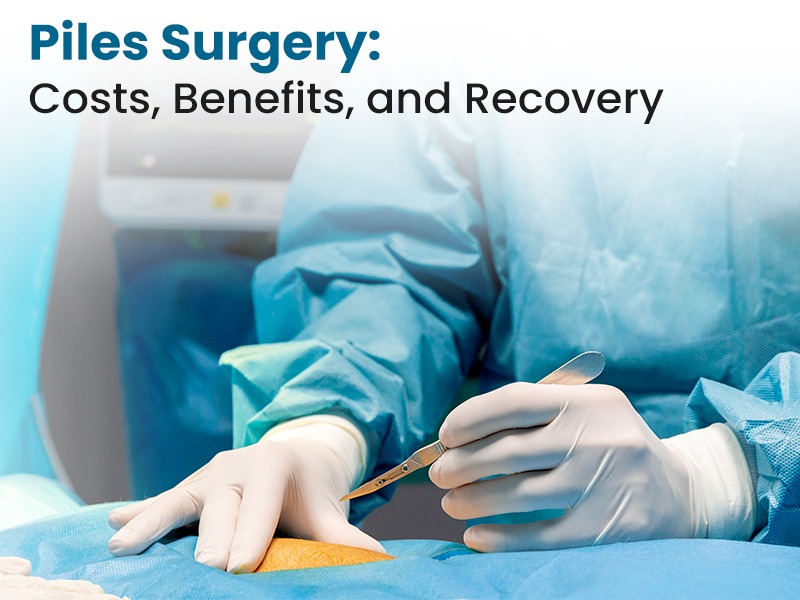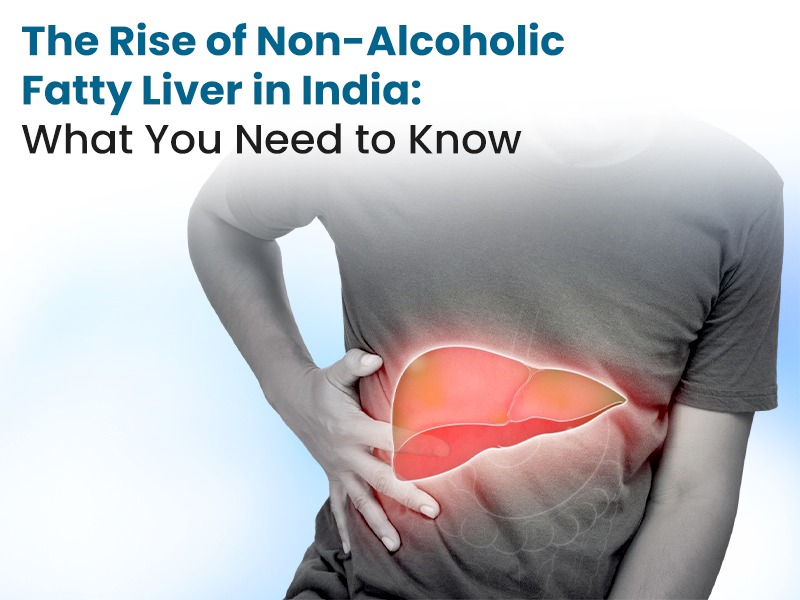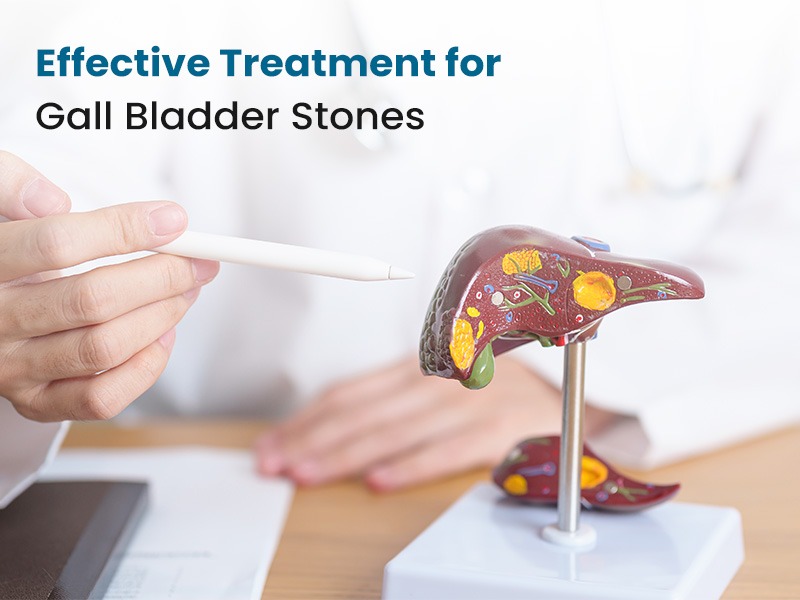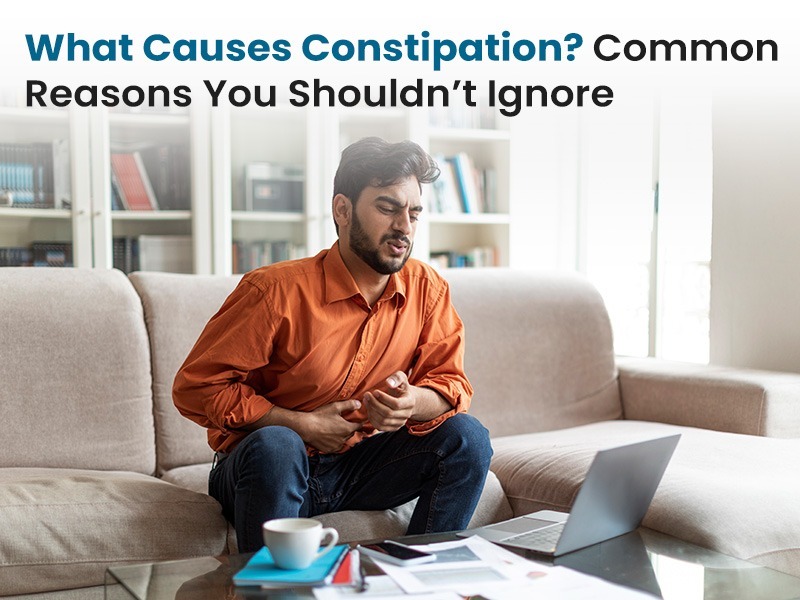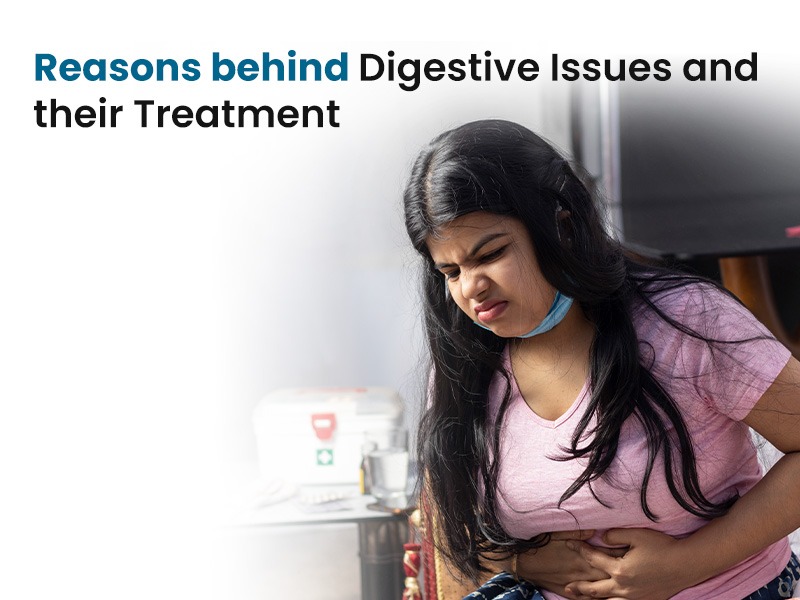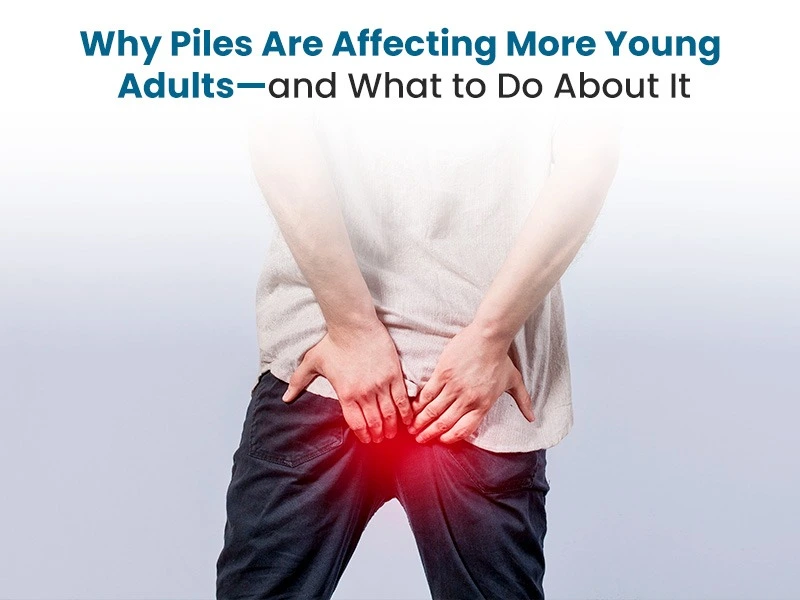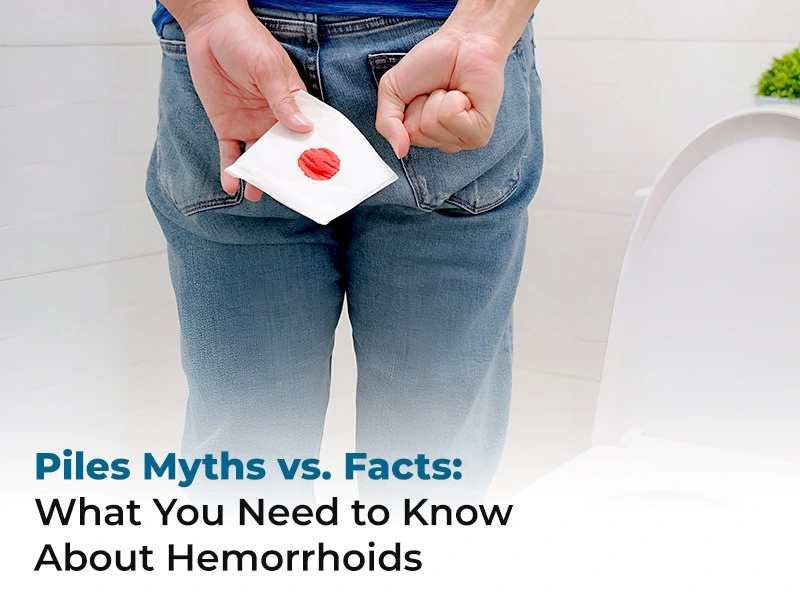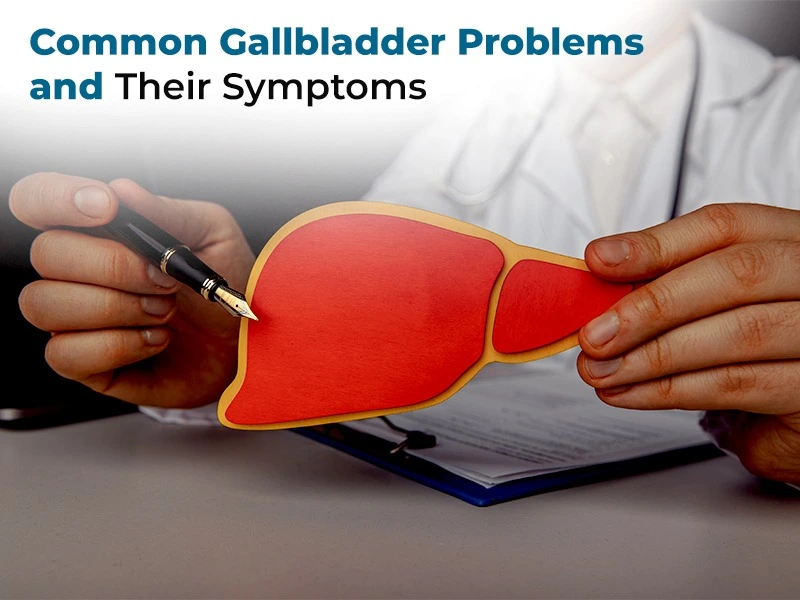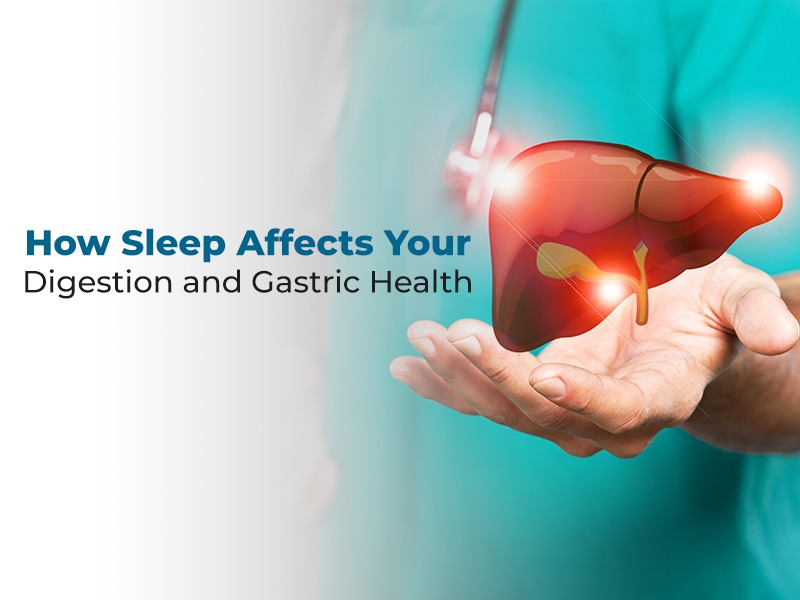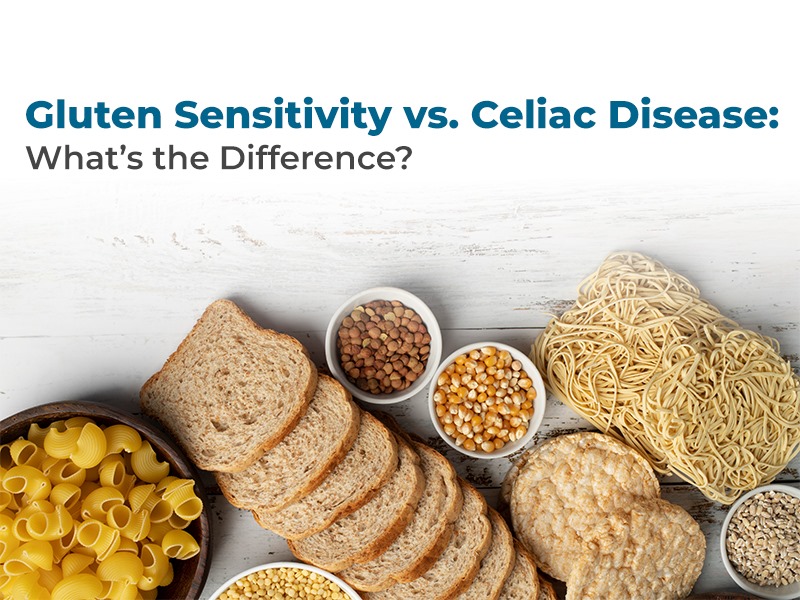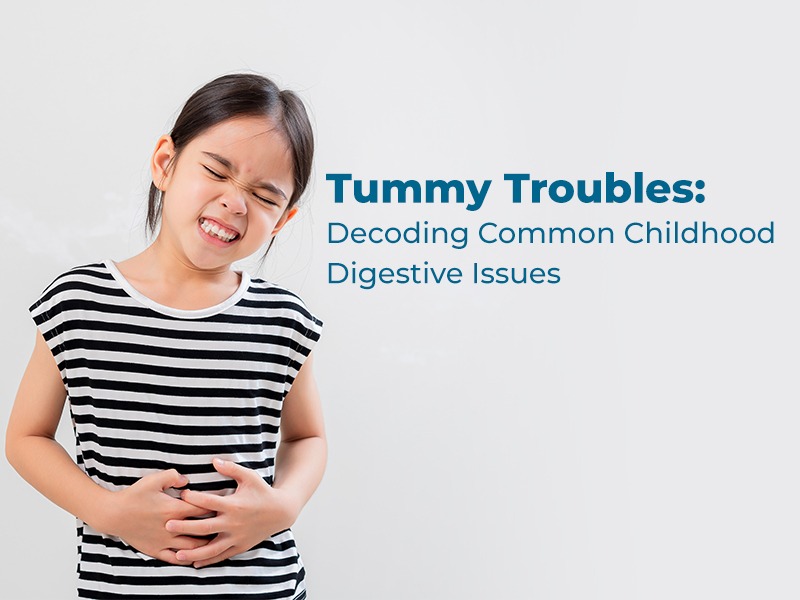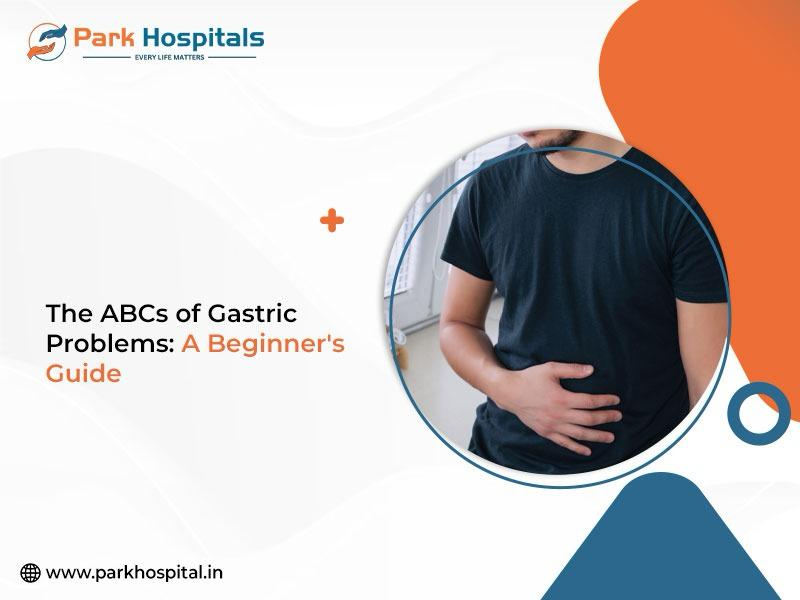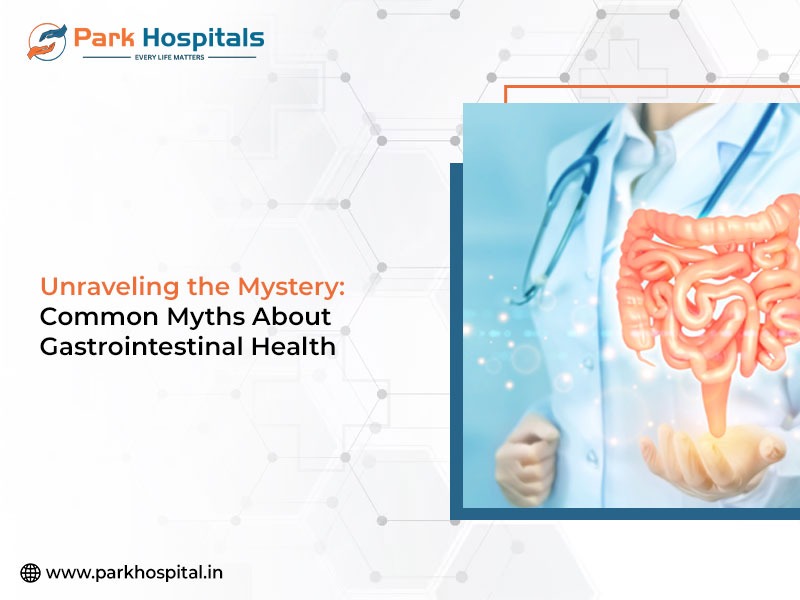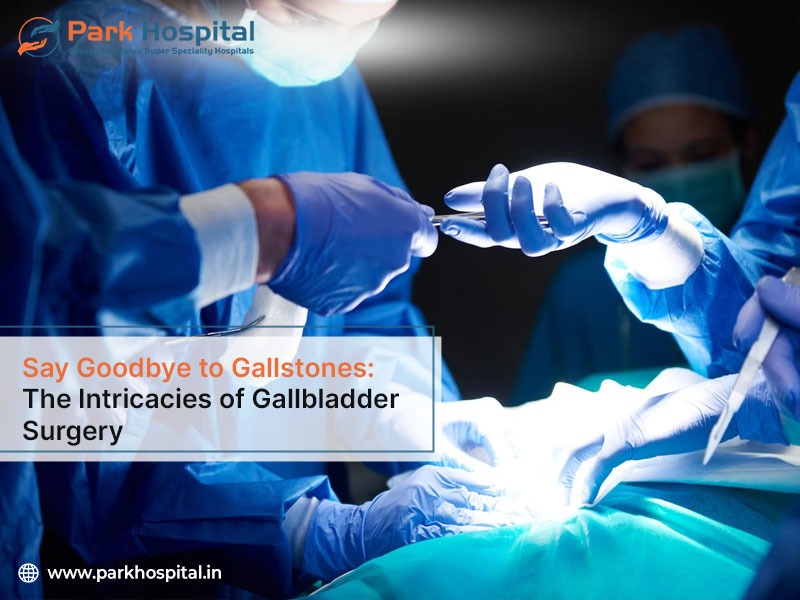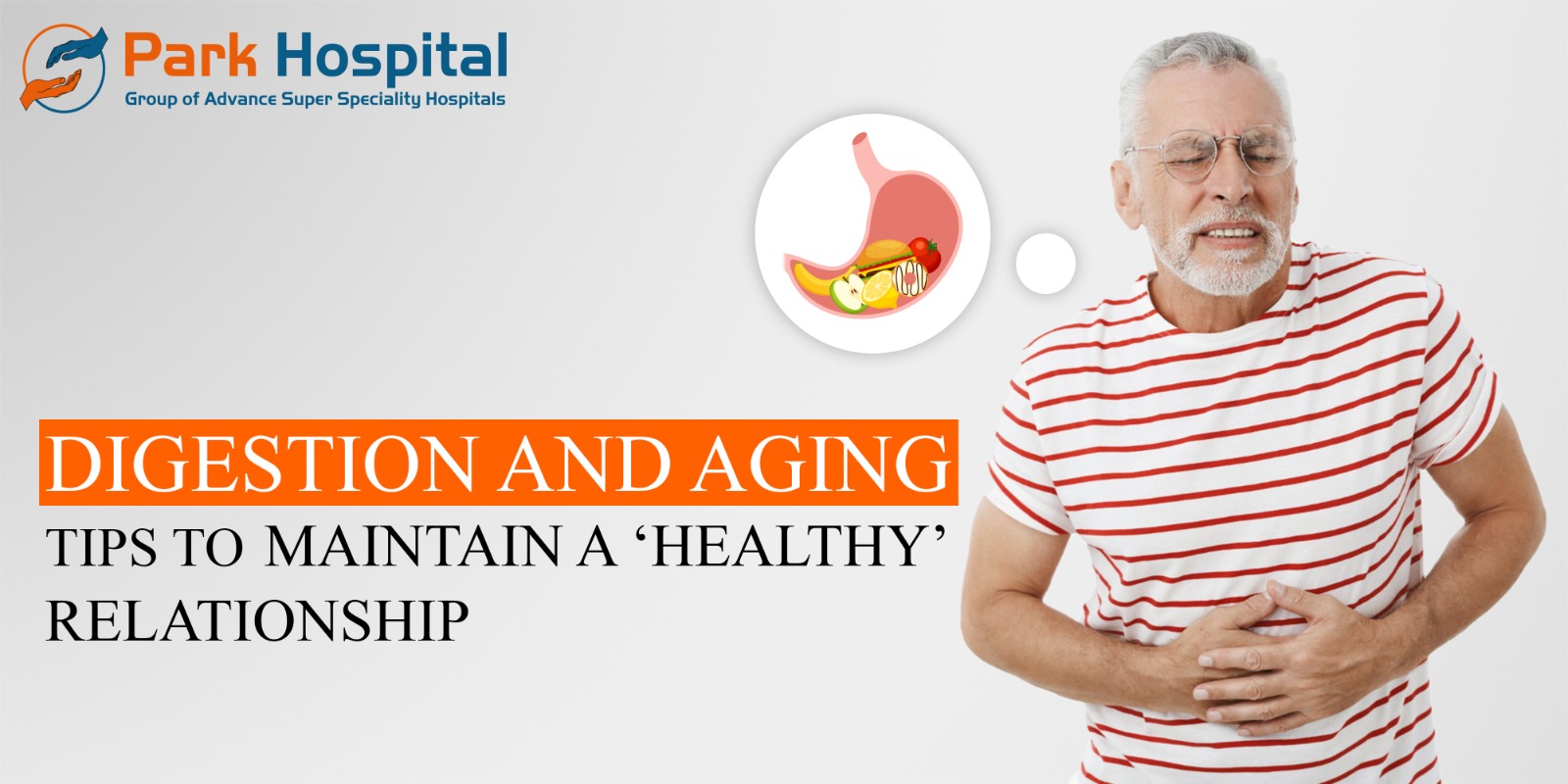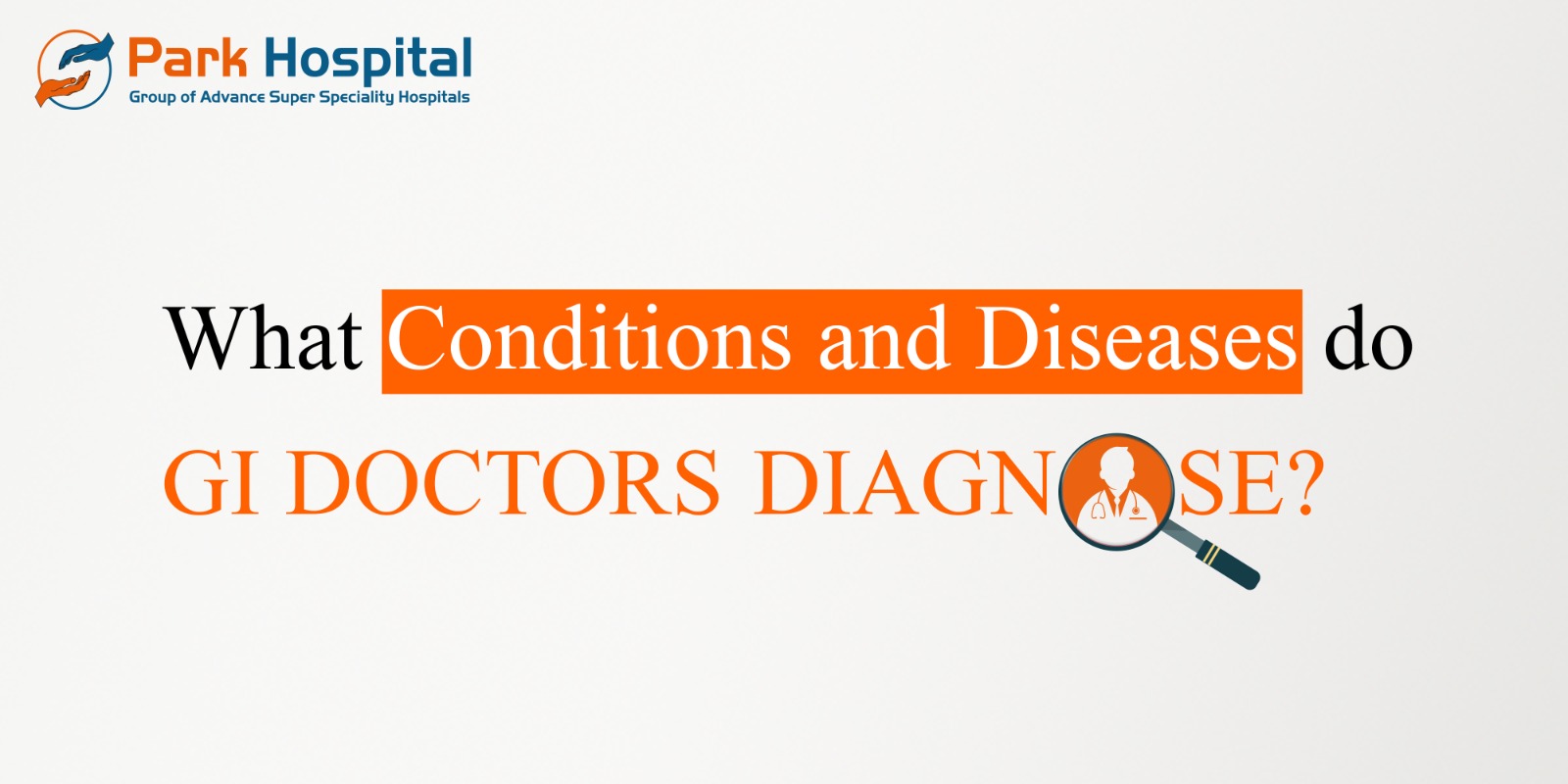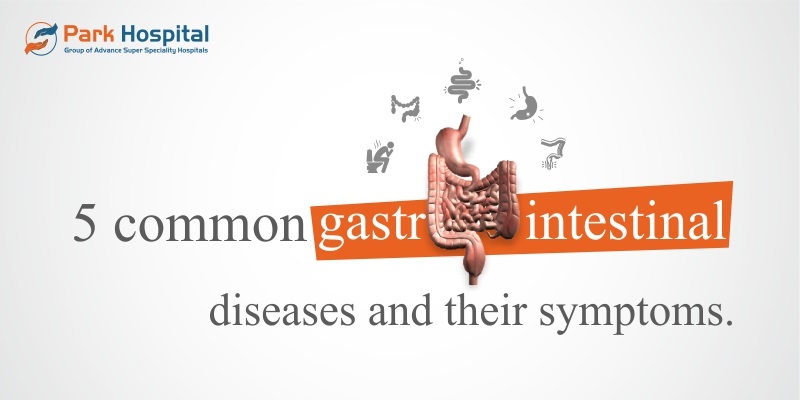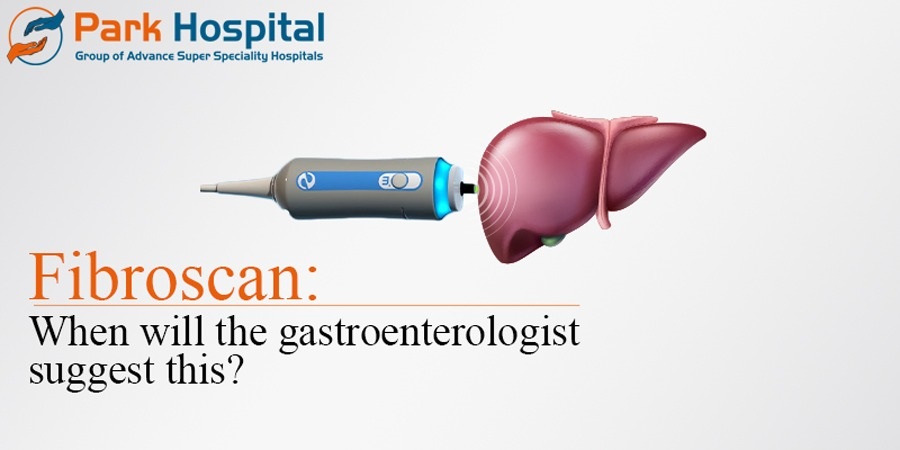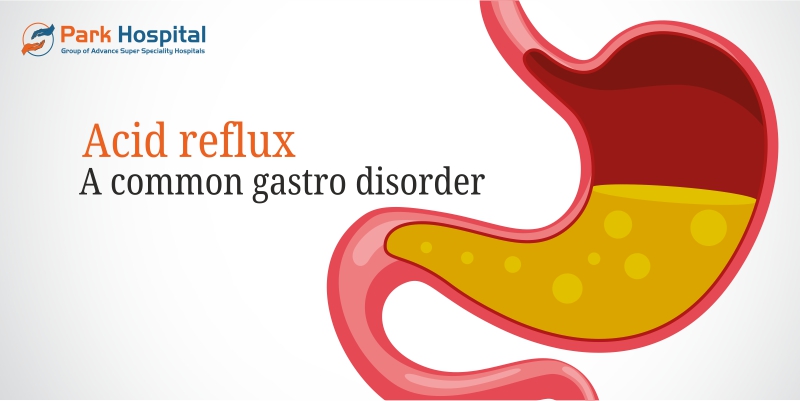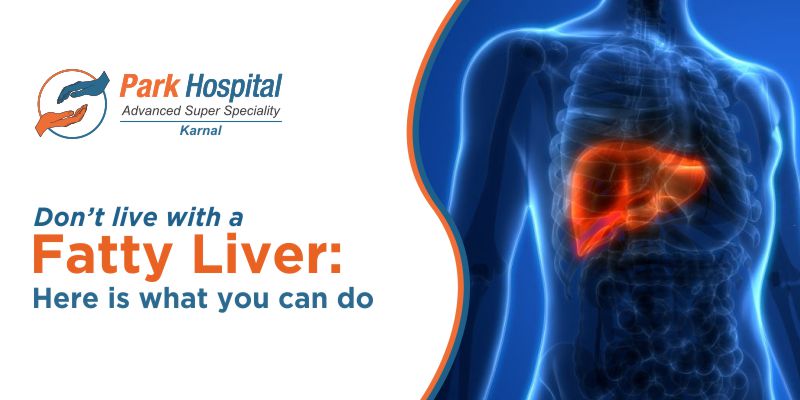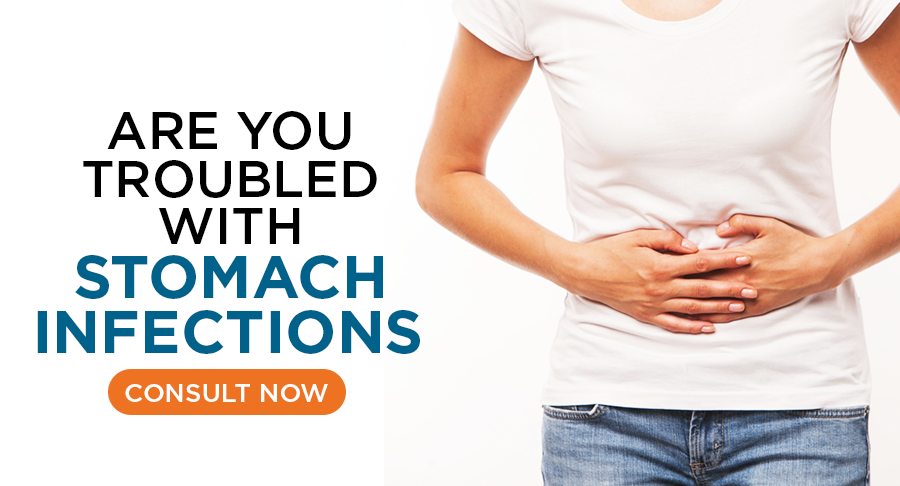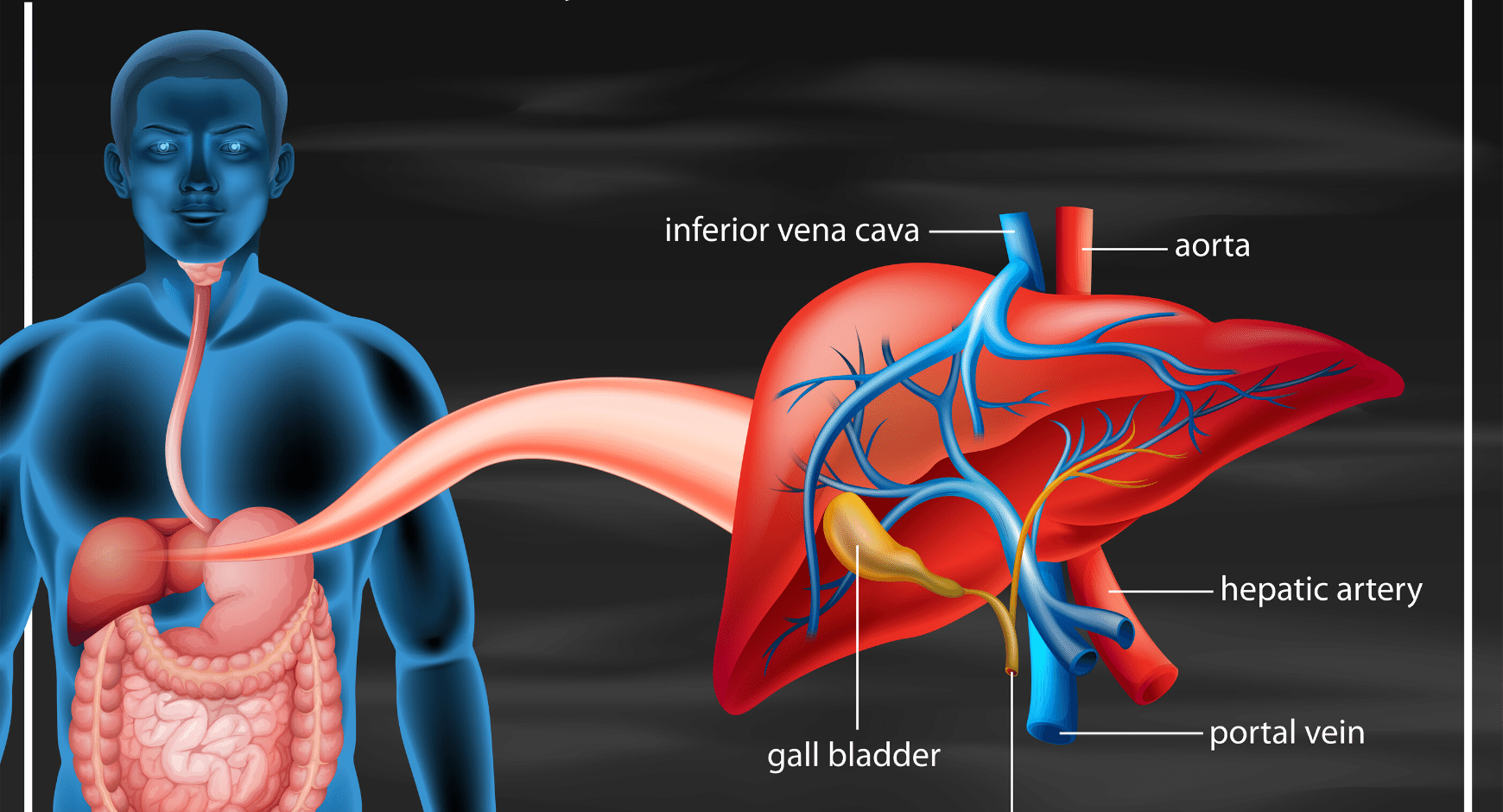Have you ever felt unusually tired or noticed discomfort in your upper abdomen after meals? These could be subtle signals from your liver crying for help. As per a Gastroenterologist in Ambala, fatty liver disease is becoming increasingly common, yet many people remain unaware of its implications. Could your diet be the silent villain behind this condition? Let’s unravel the mystery of fatty liver, understand its causes, and learn how to prevent or manage it effectively.
What is Fatty Liver?
Fatty liver, or hepatic steatosis, occurs in a person when excess fat builds up in the liver cells of their body. While having small amounts of fat in the liver is normal, excessive accumulation may result in inflammation, scarring, and even liver failure if left untreated. Fatty liver can be broadly classified into two types:
Alcoholic Fatty Liver Disease (AFLD): This health issue is a result of excessive alcohol consumption.
Non-Alcoholic Fatty Liver Disease (NAFLD): If you are someone who drinks negligible or zero alcohol, you should be concerned about this one. This is often linked to poor dietary habits, obesity, and metabolic conditions like diabetes.
As per a gastroenterologist in Ambala at Park Hospital, both conditions share similar symptoms, including fatigue, abdominal discomfort, and, in severe cases, jaundice. However, NAFLD is more prevalent and often tied to lifestyle choices.
What Are You Consuming?
When it comes to your liver health, nothing is more influential than your food. Some of the dietary culprits are:
Sugary Drinks and Snacks: Soft drinks, candies, and pastries are high in fructose and refined sugars. These elements take no time to convert into fat in the liver.
Processed Foods: Packaged snacks, fast food, and even ready-to-eat meals are often loaded with trans fats and additives, overburdening the liver of a consumer like you.
Alcohol: While it primarily contributes to AFLD, even moderate consumption can harm the liver if combined with other risk factors.
High-Fat Diets: Consuming excessive saturated fats, found in fried foods, butter, and red meat, can lead to fat buildup.
Do you know what the good news is? Some minor changes in your eating habits can make a big difference. Having a balanced diet rich in fresh fruits, vegetables, whole grains, lean proteins, and healthy fats can reduce liver fat and improve overall health.
Is it Just Because of my Food Intake?
While we cannot neglect the fact that food plays a major role in your liver health, that’s not it. There are other factors that have a direct or indirect impact.
● Sedentary Lifestyle: Lack of physical activity leads to weight gain and fat accumulation in the liver.
● Genetics: A family history of liver disease increases your risk.
● Metabolic Disorders: Conditions like obesity, type 2 diabetes, and high cholesterol are closely linked to NAFLD.
● Medications: Some drugs, such as corticosteroids and certain antidepressants, can cause liver fat buildup.
● Toxins and Infections: Exposure to harmful substances or chronic infections can also damage the liver.
As the best gastroenterologist in Mohali suggests, one must work on their overall health and body instead of over-focusing on one or two.
Stages of Fatty Liver
Fatty liver disease progresses through four stages:
1. Simple Fatty Liver: At this stage, excess fat is present but doesn’t cause inflammation. It’s usually reversible with lifestyle changes.
2. Steatohepatitis: Here, the liver becomes inflamed, potentially leading to scarring.
3. Fibrosis: Persistent inflammation causes scar tissue to form, though some healthy liver tissue remains.
4. Cirrhosis: The liver is extensively scarred, impairing its function. Cirrhosis is irreversible. Also, it may require medical intervention under the guidance of experts with years of experience, including a liver transplant.
At Which Stage Can You Be?
The tricky part about fatty liver disease is its silent progression. Many people don’t experience noticeable symptoms until the advanced stages. However, one must focus on routine medical check-ups, including blood tests and imaging, as they can detect the condition early.
If you suspect you may have fatty liver, consult the best gastroenterologist in Mohali or other locations. They would assess your condition and stage thoroughly and then recommend lifestyle changes, dietary adjustments, and, in some cases, medications to prevent progression.
Nutshell
Your liver is a hardworking organ, tirelessly filtering toxins, producing essential proteins, and aiding digestion. But like any machine, it requires proper care. Fatty liver disease may seem scary, but the power to prevent or manage it often lies in your hands—or on your plate.
Evaluate your eating habits, stay active, and keep a close eye on your health with Park Hospital. By making small yet impactful changes and having a routine check-up, you can ensure your liver stays healthy and happy for years to come.
Now that you’ve learned about fatty liver, it’s time to act. Take a moment to reflect on your lifestyle choices. After all, awareness is the first step towards prevention!

